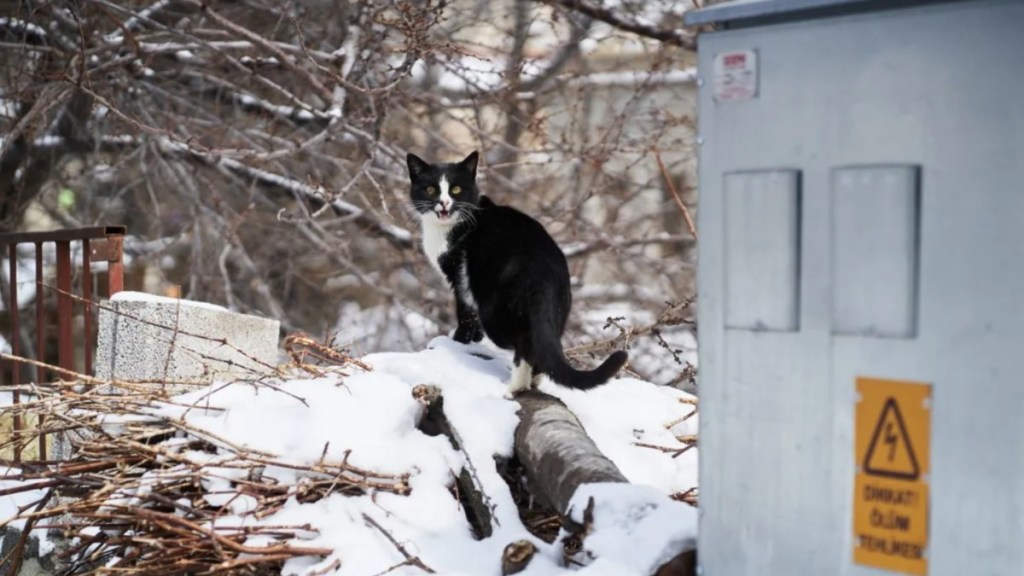The discovery of the newly identified Alaskapox virus has raised concerns following the first known death attributed to it. An elderly man in Alaska has passed away from the virus. State health officials are investigating the man’s contraction of the illness, speculating on potential links to a stray cat.
First reported fatality from Alaskapox has researchers asking how virus spread
State health officials in Alaska have reported the first death from Alaskapox, as CBS News reports. A senior Alaskan man has lost his life due to the new virus. While the exact source of the infection remains unclear, officials suspect the cause to be a stray cat residing with the man. The man, living in the remote Kenai Peninsula, was hospitalized in Nov. 2023 and succumbed to the illness in late Jan. 2024.
The Alaskan man was receiving cancer treatment. As a result, he had a weakened immune system due to medication, potentially intensifying the seriousness of his illness.
Health officials stated that Alaskapox, also called AKPV, shares links with viruses such as smallpox, mpox, and cowpox. Symptoms associated with the illness are swollen lymph nodes, rash, and pain in joints or muscles. Officials highlight that individuals with compromised immune systems face a greater risk of experiencing severe illness and caution them accordingly.
Researchers suggest that AKPV’s transmission remains unclear, but they propose it might be zoonotic. This means it can transmit from animals to humans. Some tests in the Fairbanks area revealed evidence of current or previous infection in several small mammal species, which include red-backed voles and at least one domestic pet.
In addition, the man had disclosed caring for a stray cat at his residence. The cat’s tests for the virus were negative. However, they used to hunt small animals regularly and also had a habit of scratching the man.
Therefore, this leads to the possibility that the cat transmitted the virus through their claws during the scratches. Accordingly, there was a “notable” scratch near the armpit area, coinciding with the onset of the first symptom – a red lesion.









